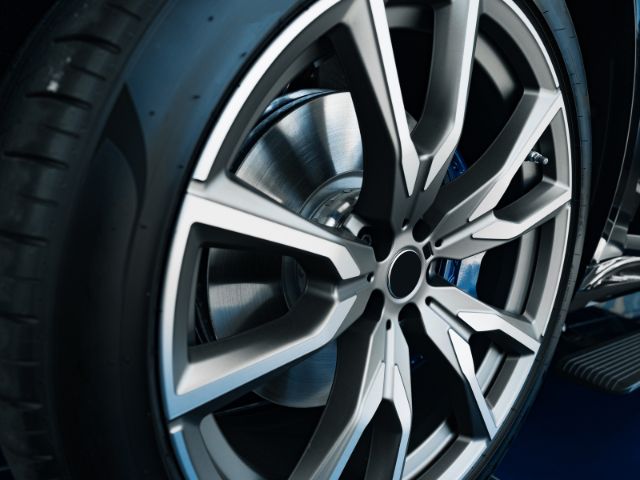
 Press Releases
Press Releases 
In the automotive industry, aluminum has been making a significant impact on the design of cars. Its lightweight, durable, and corrosion-resistant properties make it a popular choice among automakers.
Aluminum is a versatile material used in various car parts, including the engine, body, and suspension. Let’s explore how aluminum is used in the automotive industry and how it has changed how cars are designed and manufactured.
Aluminum is common in engine components such as cylinder heads, blocks, and oil pans. These parts require high strength and heat resistance. Aluminum allows automakers to design a more fuel-efficient engine that can perform at a higher level without adding extra weight to the car. Aluminum engine parts are also easier to machine, reducing manufacturing costs.
Car bodies can be made entirely from aluminum or from a combination of aluminum and other materials. Aluminum body panels offer advantages such as better fuel efficiency, improved handling and acceleration, and increased durability. Additionally, aluminum body panels are easier to repair, reducing the cost of repairs.
Aluminum wheels are a popular choice among automakers and car enthusiasts. Lightweight and durable, aluminum wheels offer better acceleration, handling, and braking. They also improve fuel efficiency by reducing the overall weight of the car. In addition, aluminum wheels offer a sleek and attractive appearance.
Aluminum is popular for suspension components such as struts, control arms, and knuckles. Aluminum suspension components are lighter than their steel counterparts, reducing the car’s overall weight. This suspension leads to improved handling and acceleration. Additionally, aluminum suspension components are corrosion-resistant, enhancing the car’s longevity.
Heat exchangers are an integral part of a car’s cooling system. Aluminum is common in heat exchangers such as radiators, condensers, and intercoolers. Aluminum is an excellent conductor of heat, allowing heat to dissipate efficiently. This conductor reduces the risk of engine overheating and improves engine performance.
Aluminum is a versatile material that has revolutionized the automotive industry. Its lightweight, durable, and corrosion-resistant properties make it an excellent choice for engine components, body panels, wheels, suspension, and heat exchangers. Aluminum has many common applications in manufacturing in this industry and will continue to shape how cars are designed and manufactured.
24World Media does not take any responsibility of the information you see on this page. The content this page contains is from independent third-party content provider. If you have any concerns regarding the content, please free to write us here: contact@24worldmedia.com